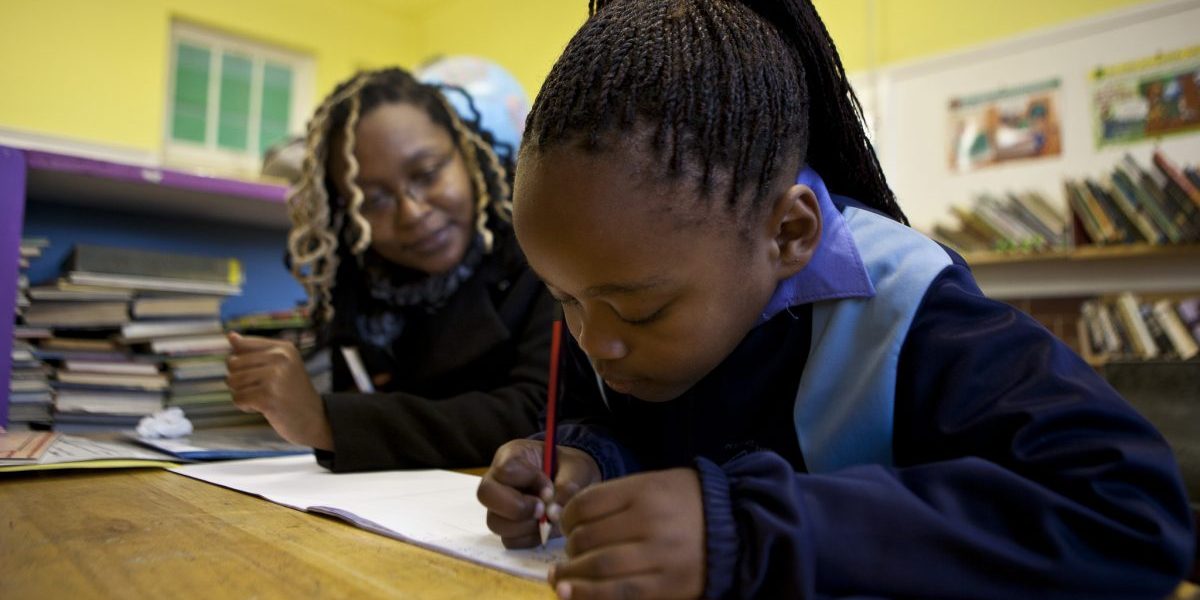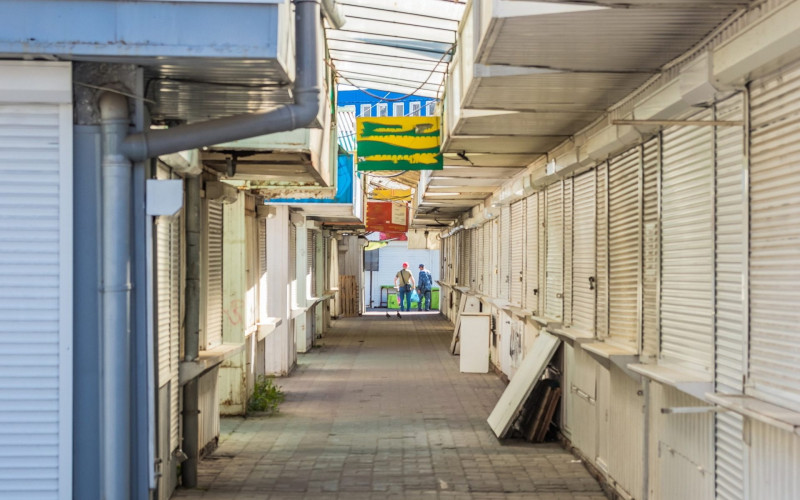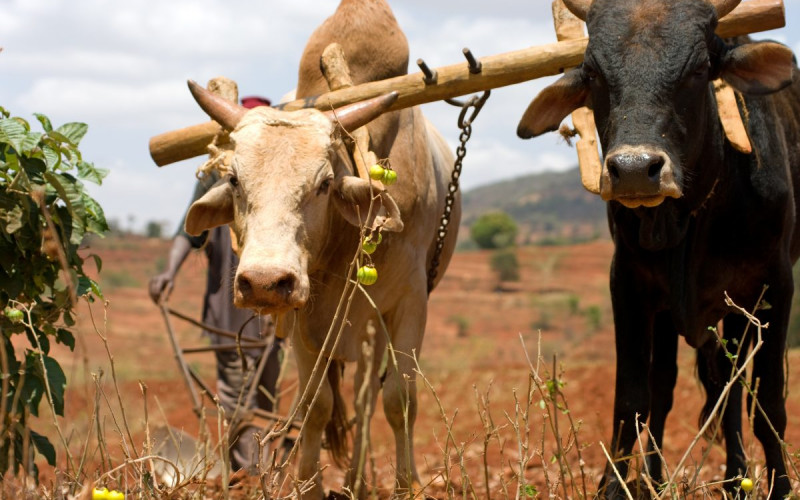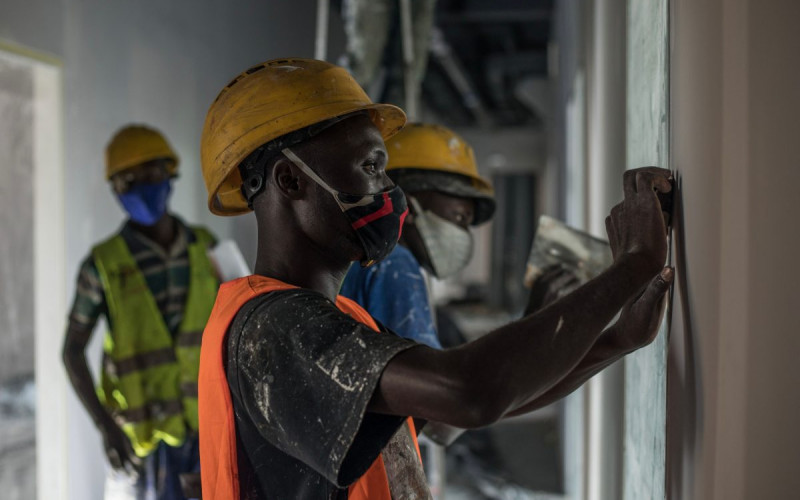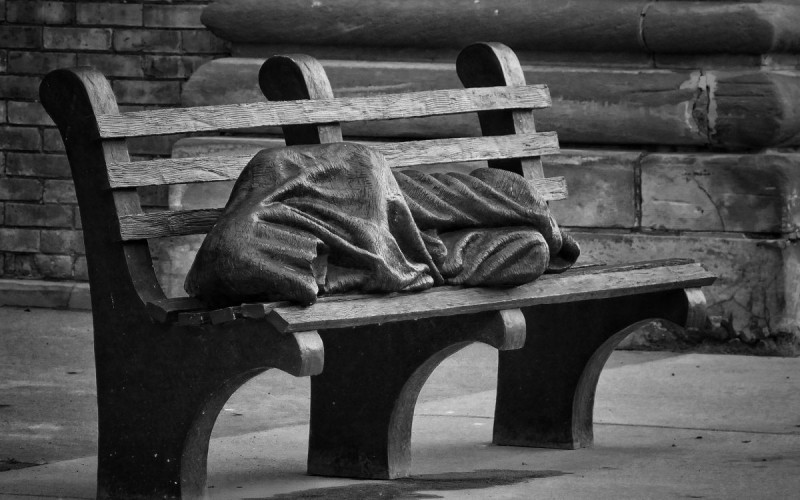These are the basic ideals behind the global pursuit of universal primary education, one of the Millennium Development Goals, a list of time-based targets for poverty alleviation towards which all 191 UN member states – including all 53 countries in Africa – have agreed to work. If the Goals are achieved, by 2015 the world will ‘ensure that all boys and girls complete a full course of primary schooling.’ It’s hard to argue against such a target, particularly in Africa. African literacy rates are the lowest in the world. More than 40 million African children, almost half of the continent’s primary school-age population, are not in school, according to the UN. Nearly two-thirds of these children are female, which represents a huge drag on development. A raft of international studies show the more girls are educated, the less vulnerable they become to HIV/AIDS and the higher a nation’s economic output rises.
But in key respects, the UN Goals are backfiring. The provision of free primary school education has drawn a huge influx of students, but many African countries have failed to meet the demand effectively. Education budgets are too small to provide adequate primary and secondary schooling. Teacher shortages are acute across the continent, and many of those who are running classrooms now are woefully unqualified. Curricula still reflect colonial models, which alienate learners and stifle the development of critical thinking skills.
Pledges, like platitudes, can be falsely soothing. Universal primary education sounds nice, but Africa urgently needs a coherent, long-term approach to education that enables every child to walk the path confidently from his or her first classroom all the way into a diverse and vibrant job market. Until that happens, the continent can never hope to compete in the global economy, and instability will persist.

